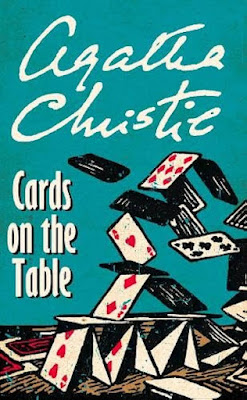Cordelia Gray was just 22 when she had to take up the responsibility of a detective agency run by her partner, Bernie. He killed himself as he was ailing from cancer. The detective agency was not a huge success. It was then a famous scientist Mr Ronald Callender approached her to solve a case for him.
His son, Mark Callendar who was a dropout from Cambridge committed suicide. He wanted to know why he did so. After opting out of Cambridge, he had taken up a job as a gardener in the house of Markhlands. He was living in a small cottage in their compound. It was there he hanged himself.
When the police found his body, he was wearing jeans and had a smear of lipstick on his lips. Cordelia decided to shift to this cottage so that she could investigate the surroundings including the Cambridge. From Miss Markhland, she came to know that a girl had visited him before his death. Inside the cottage, she found freshly prepared stew and a coffee pot with coffee, definitely not the signs that indicated that he was contemplating suicide. It dawned upon her that it was not a suicide but murder.
Let me tell you, in the beginning, this is not a typical murder mystery. It can mar the fresh perspective, this particular one could offer. I did the same and it was when I reached the middle of the story I realized that it had much more to it. It’s a Cordelia Grey mystery though Adam Dalgliesh would make his entry in the end.
What I liked about the book was the sheer sincerity of the character. Cordelia was not an expert like Sherlock Holmes, Hercule Poirot or Miss Marple and she knew that she was vulnerable and lacked experience. But that did not deter her from doing her bit.
Besides, it was also her story of survival. It was clearly said in the title of the book ‘ An unsuitable job for a woman’. Though many pointed out to her that the job was unsuitable, she was adamant about taking it up.
She did not have the experience but she was shrewd and knew how to confront a person during an investigation. Since his boss was dead, there was nobody she could rely upon with her instincts and intuitions. Still, she went ahead and did what she had to do.
This is my first P D James book. I am happy to know that this book comes first in the list of her works which one shouldn’t miss reading if one is a fervent murder mystery fan. I have watched many of P D James’ interviews and I would proudly call my teacher for she had taken me to a different level of the genre called the mystery.
I am sure that I will read this book again. Her writing was like honey dripping from the comb.



.jpg)



.jpg)



